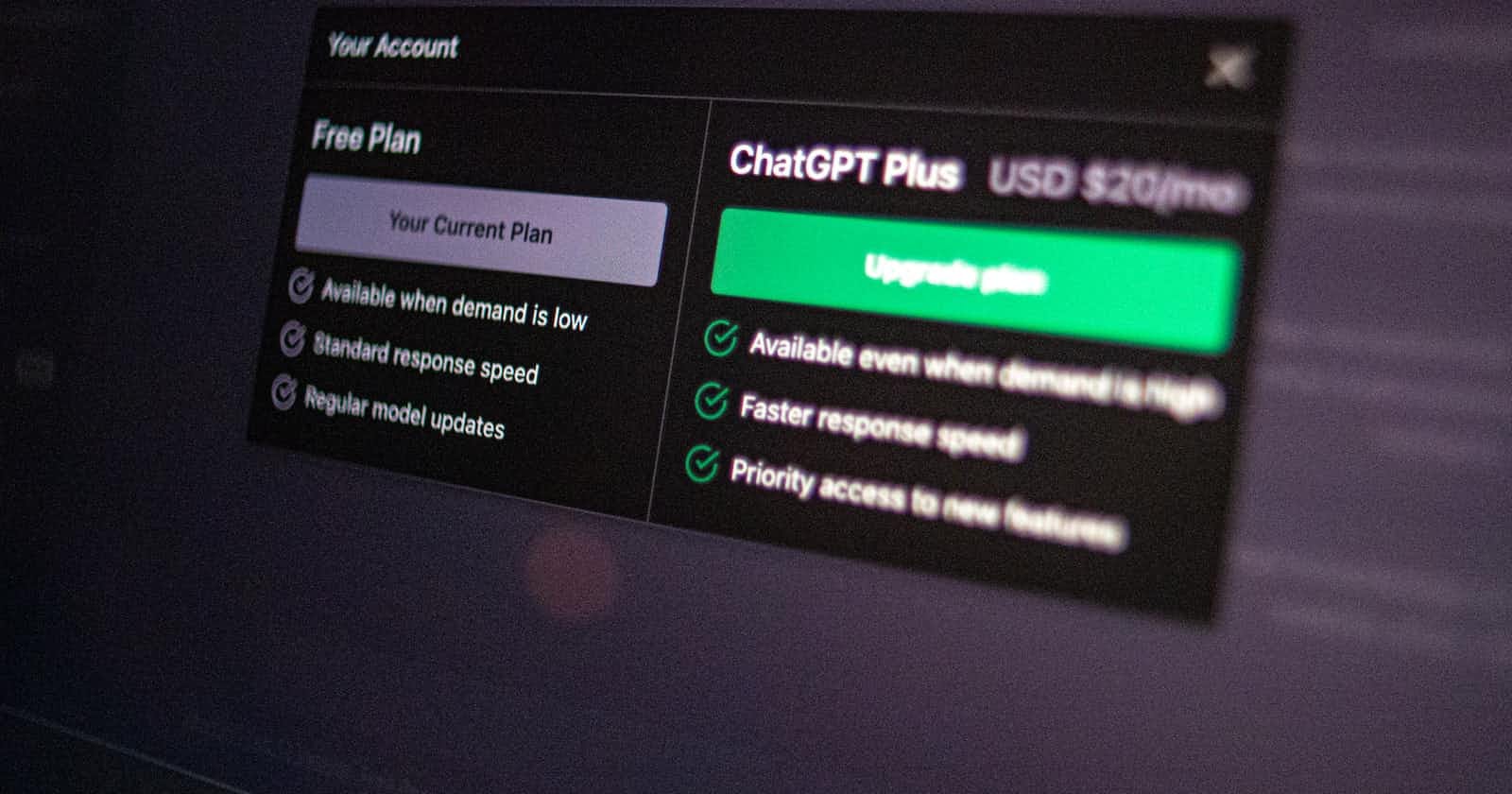Table of contents
No headings in the article.
As artificial intelligence (AI) continues to evolve, language models like ChatGPT are becoming increasingly sophisticated and powerful. With the ability to process vast amounts of text data and generate human-like responses, ChatGPT is paving the way for a future where AI can assist humans in a wide range of applications, from customer service to healthcare.
One of the most significant advantages of ChatGPT is its ability to understand and generate natural language. This allows it to communicate with humans in a way that feels natural and intuitive, making it an ideal tool for customer service, education, and even mental health counseling.
For businesses, ChatGPT can be used to create chatbots that are able to respond to customer inquiries quickly and efficiently, without the need for human intervention. This can lead to significant cost savings and improved customer experiences.
In healthcare, ChatGPT has enormous potential to improve patient outcomes by analyzing patient data and generating insights into health conditions and treatments. It can also be used to monitor patients remotely, provide personalized advice and recommendations, and even predict health risks before they occur.
Of course, with great power comes great responsibility, and there are significant ethical and social concerns surrounding the use of AI in various fields. As AI models like ChatGPT continue to advance, it will be crucial for companies and organizations to address these concerns and ensure that their AI systems are designed and implemented in an ethical and responsible manner.
Despite these challenges, the future of AI and ChatGPT is bright. With ongoing research and development, AI models like ChatGPT will become even more sophisticated, making it possible for humans and machines to work together in new and exciting ways. From personalized medicine and predictive analytics to smart homes and autonomous vehicles, the possibilities are endless.
In conclusion, ChatGPT and the future of AI offer a glimpse into a world where technology and human intelligence work together seamlessly to create a more efficient and connected society. As we move forward into this new era, it will be crucial for us to consider the ethical and social implications of these technologies, and to work together to ensure that they are used in a responsible and beneficial manner.
Another significant advantage of ChatGPT is its ability to generate realistic and coherent responses in a variety of contexts. This means that it can be used to assist with tasks such as writing, translation, and summarization, making it an incredibly versatile tool for a wide range of applications.
In the field of education, ChatGPT can be used to provide personalized learning experiences for students, tailoring content and feedback based on their individual needs and learning styles. It can also be used to assist with language learning, providing students with real-time feedback and support as they practice their speaking and writing skills.
As AI models like ChatGPT continue to evolve, they will become even more powerful and capable, opening up new opportunities for innovation and progress in fields ranging from science and engineering to art and entertainment.
However, as with any new technology, there are also potential risks and concerns associated with the use of AI. These include issues related to privacy, security, bias, and control, among others. As we continue to explore the possibilities of AI and ChatGPT, it will be important for us to address these challenges and ensure that we are using these tools in a responsible and ethical manner.
In conclusion, ChatGPT is an exciting and transformative technology that has the potential to revolutionize the way we interact with machines and each other. As we continue to explore the possibilities of AI, it will be important for us to remain mindful of the potential risks and challenges associated with this technology, and to work together to ensure that we are using it in a way that benefits humanity as a whole.


